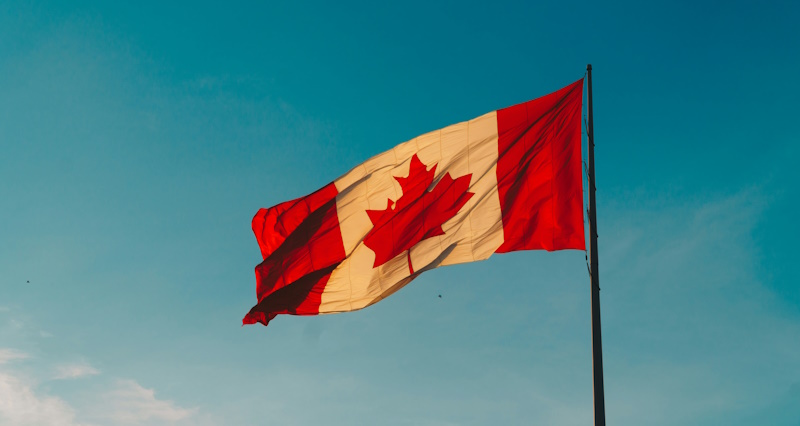Will Canada’s 5% streaming tax hike prices for users?
A recent proposal by the Canadian government to introduce a 5% levy on the revenues of music and video streaming platforms has triggered strong opposition from digital service providers (DSPs) and record labels.
The levy, aimed at supporting local content creation and the traditional broadcasting system, would apply to global streaming services such as Apple Music, Spotify, and Amazon Music.
It’s estimated the tax would generate over $25 million for the Canadian economy.
Does Canada’s new tax miss the mark? Labels & streaming sites think so
Canadian officials have said the government would use the funds to bolster the Canadian broadcasting system, which includes legacy sectors like traditional radio and television, and the production of locally-made films, TV shows and music.
Despite these intentions, streaming companies and industry leaders have voiced serious concerns.
DSPs and Music Canada, a representative body for the music industry, have argued that the tax is “ill-conceived’ and “unfair” in a joint letter sent to the Canadian Radio-television and Telecommunications Commission (CRTC).
The letter has emphasized that radio and streaming are fundamentally different platforms, and imposing the same kind of levy on streaming services is outdated thinking.
Furthermore, the letter highlights how streaming services have allowed Canadian artists to reach domestic and global audiences in ways that traditional radio cannot.
Streaming is already fostering Canadian talent and contributing to the growth of the industry, the letter claims, without the need for additional taxes.
Patrick Rogers, CEO of Music Canada, expressed concern that nearly half of the funds from this new levy would go toward supporting traditional radio. Of course, radio is an industry many feel has declined in importance in today’s digital-first music landscape.
One of the major concerns raised by Rogers and others in the industry is that this tax could have unintended consequences, including the possibility of streaming services reducing their investment in the Canadian market.
He also pointed to the risk of companies passing the costs of the tax onto consumers by raising subscription fees, potentially making streaming services less accessible to Canadians.
A similar situation occurred in France, where Spotify increased prices after a comparable tax was introduced.
Streaming giants like Apple, Amazon and Spotify are preparing to file a legal challenge against the tax.
They argue that the levy not only places an unfair burden on their operations but also threatens the broader digital economy in Canada. Should their protest fail, there is concern that streaming services could scale back their presence in Canada, or in a worst-case scenario, leave the market entirely.
The outcome of this dispute remains to be seen – but the stakes are high for both streaming services and Canadian consumers.

